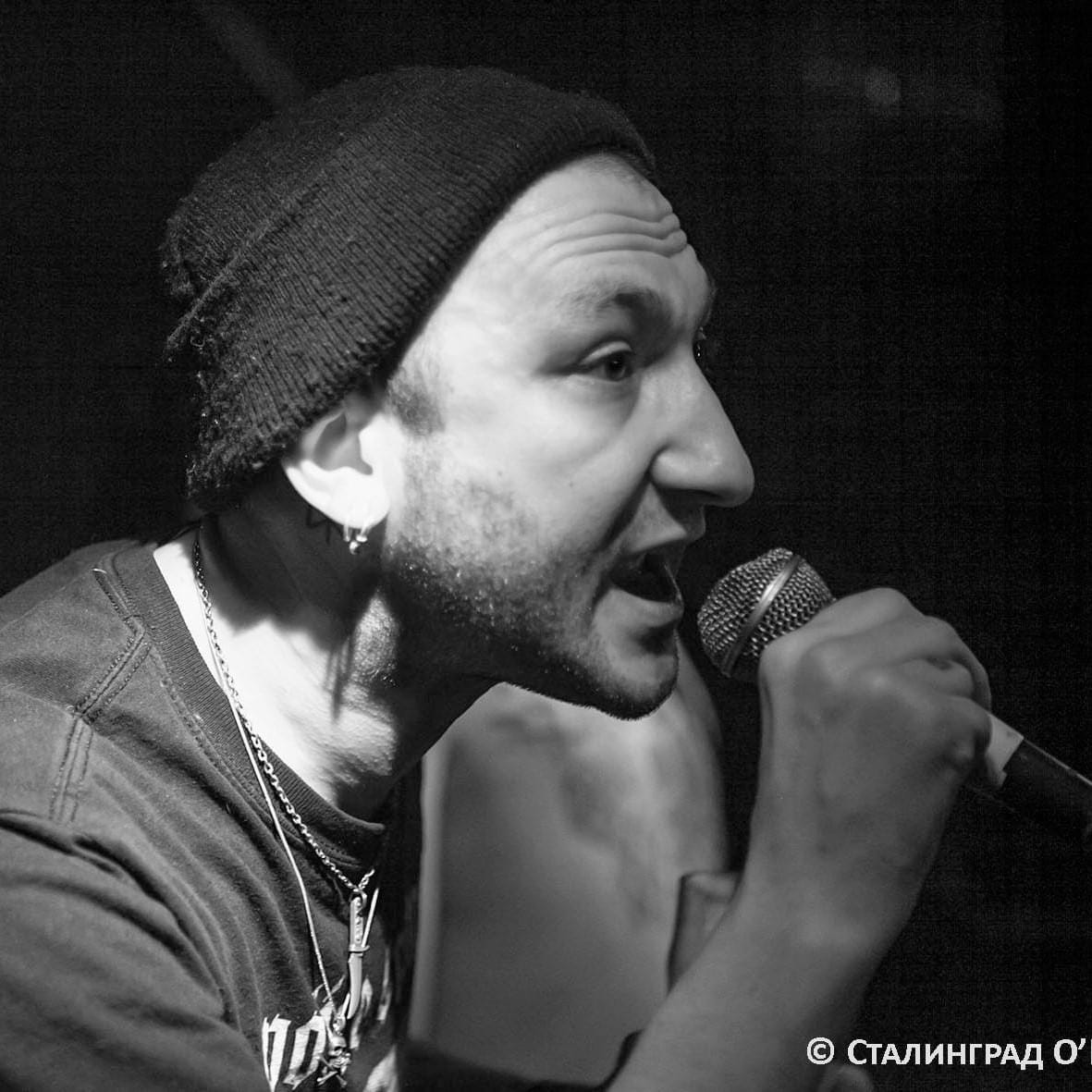Niall Singh: “Often, how I see myself has been defined by white people”
The artist on being defined, distanced and erased from history – and how he’s putting himself back in
Credit: Stalingrad O’Neil
Hi, welcome back to Mixed Messages! This week I’m speaking to artist Niall Singh, who is of mixed Indian and Scottish heritage. Niall is currently showing at Birmingham’s Midlands Arts Centre as part of Mixed Rage Collective, a group of five mixed-race artists. After visiting the group’s Unapologetically Other exhibition, I was …


